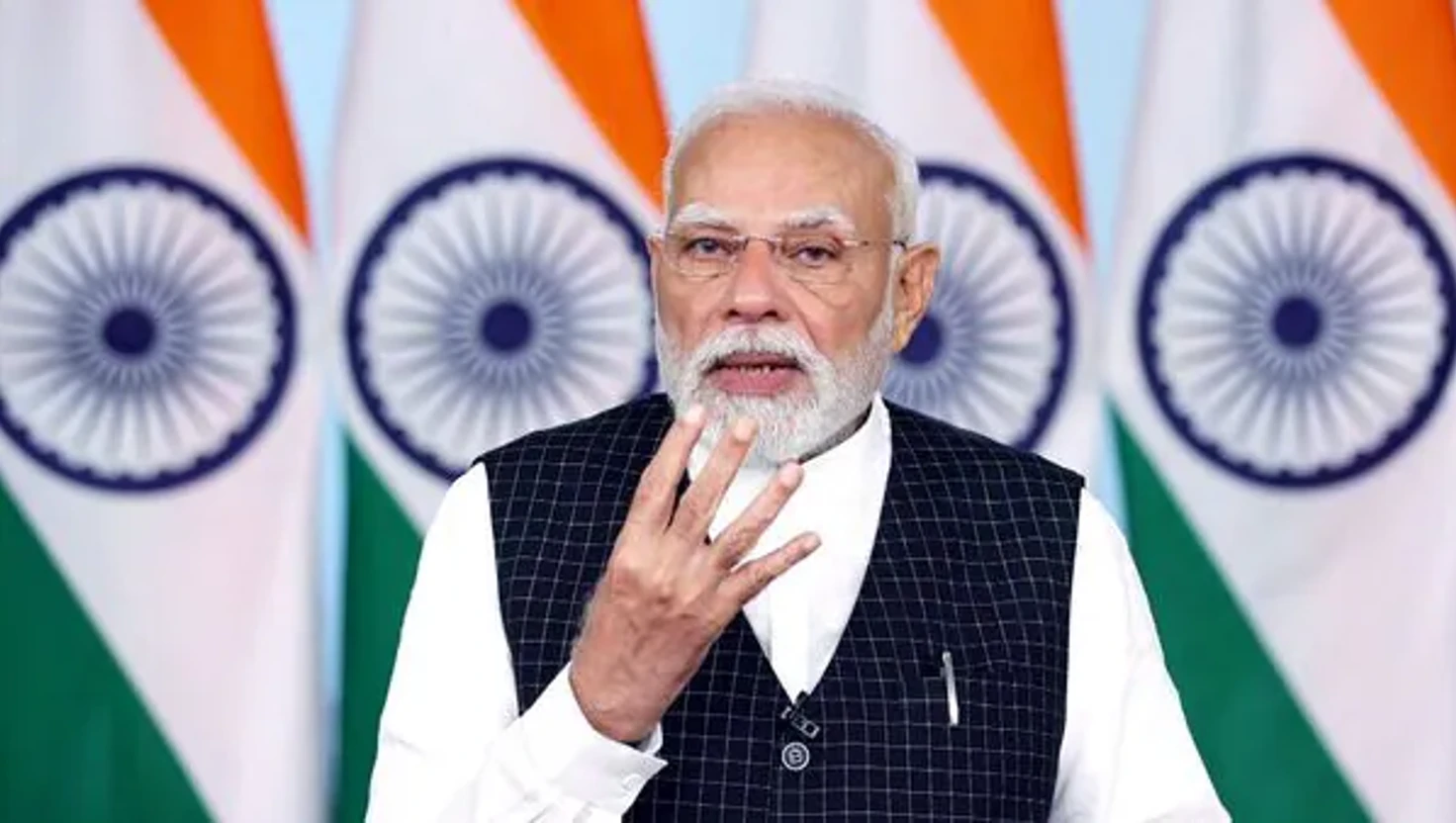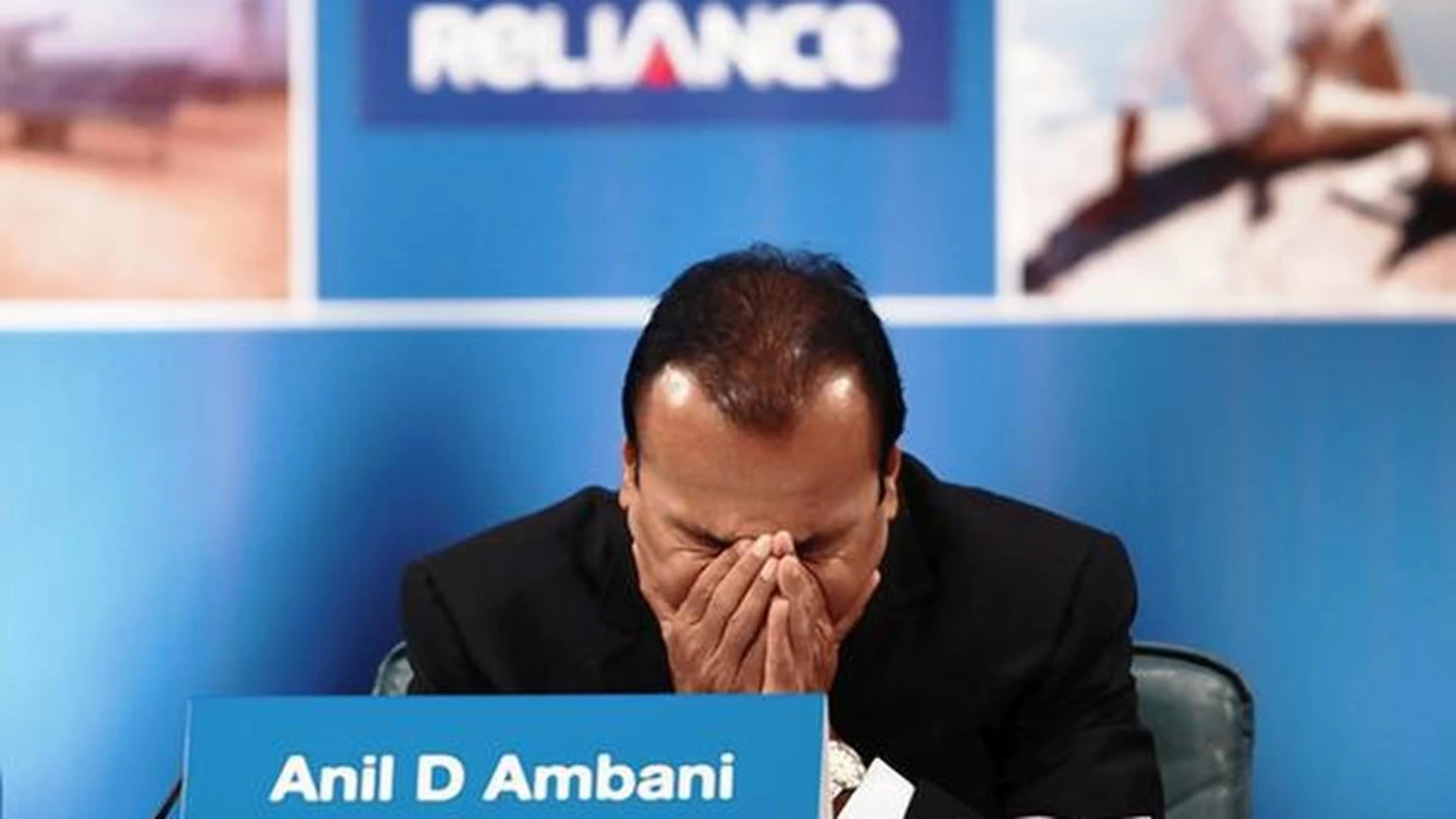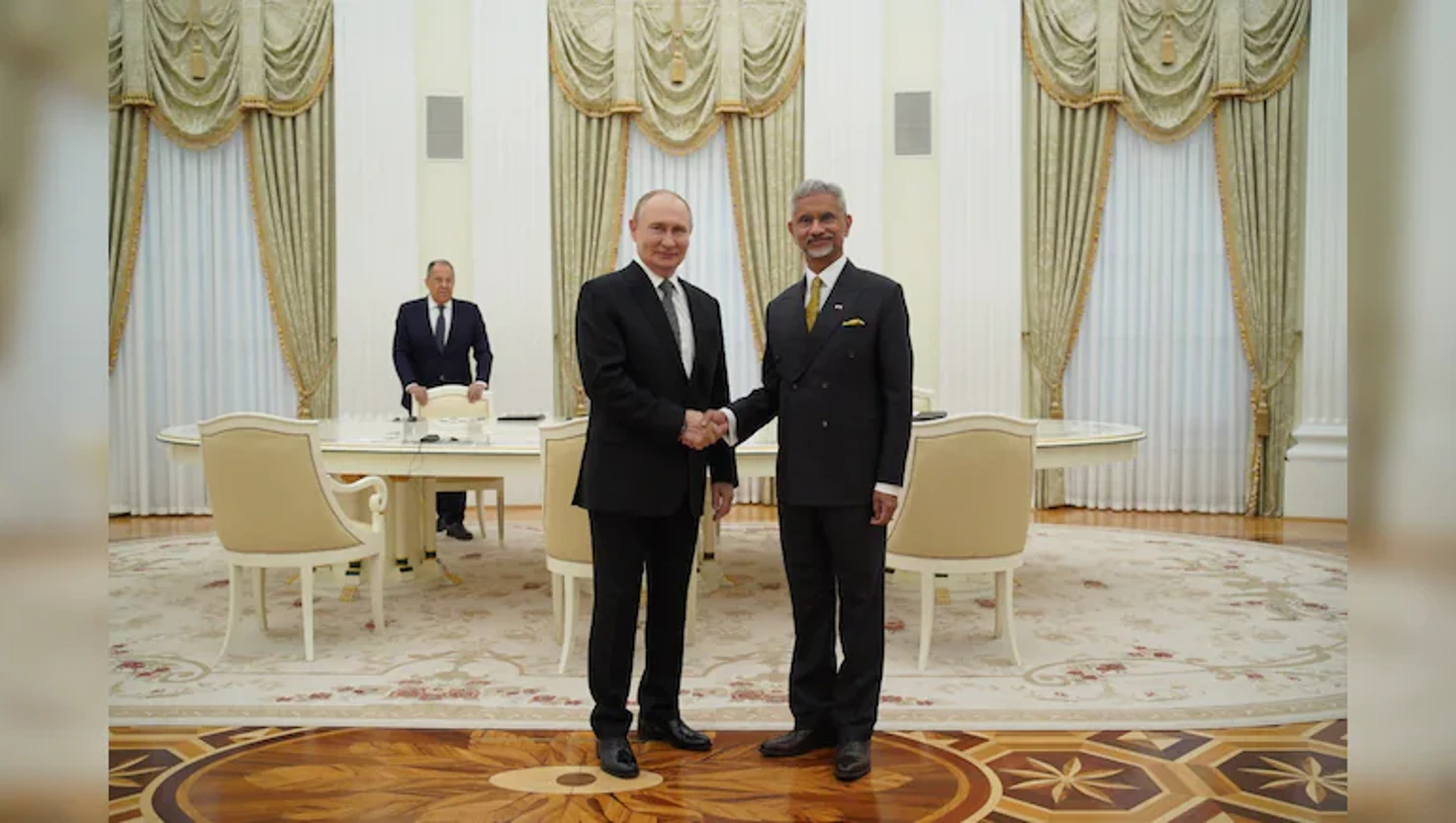Made-in-India semiconductor chip coming by 2025-end, says Modi

Made-in-India semiconductor chip coming by 2025-end, says Modi
Prime Minister Narendra Modi announces first Made-in-India semiconductor chip by end of 2025, alongside rapid developments in 6G technology.
In a significant announcement at The Economic Times World Leaders Forum, Indian Prime Minister Narendra Modi revealed that the first domestically produced semiconductor chip will be available by the end of 2025. Modi indicated that this initiative marks a vital step towards the country's goal of technological self-sufficiency, especially in the realm of semiconductor manufacturing.
Semiconductor Manufacturing in India
Modi highlighted that India has lagged in semiconductor production for decades, a sector that could have initiated operations 50 to 60 years ago. However, he stated that recent government initiatives are changing this narrative.
"We all know that semiconductor manufacturing could have started in India 50-60 years ago, but India missed that too," Modi said, emphasising the shift in policy that has led to the establishment of semiconductor factories within the country.
The Prime Minister mentioned, “By the end of this year, the first Made in India chip will come in the market.” This statement signals a commitment to boosting local production capabilities which could also lead to increased technological innovation.
Advancements in Telecommunications
In addition to semiconductor production, Modi underscored the government's rapid progress in developing a domestically produced sixth-generation (6G) telecommunications network. He described this endeavour as crucial for keeping pace with global advancements in technology.
"We are working rapidly on Made in India 6G," he stated, indicating the importance of this project as part of India's broader technological landscape.
Electric Vehicle Export Potential
Modi also discussed India's ambitions in the electric vehicle (EV) sector, announcing plans to export EVs to more than 100 countries. This initiative aligns with the government's objective to enhance India's role in sustainable and innovative transport solutions.
"India is now going to export electric vehicles to 100 countries of the world," he declared, providing insights into upcoming programmes dedicated to this cause.
Economic Reforms and Growth
The Prime Minister elaborated on the government's recent reforms, including a new Income Tax Bill drafted in simpler language aimed at benefiting the general populace. He stated that despite challenges, including disruptions caused by political opposition, the administration remains focused on substantial reforms.
He also expressed confidence in India's economic trajectory, projecting that the country is on the verge of becoming the third-largest economy globally. Modi stated, "Experts are saying that India’s contribution to the world’s growth is going to be around 20% very soon."
Broader Macroeconomic Stability
Modi attributed the resilience and growth of the Indian economy to the fiscal stability achieved over the last decade. He noted that at this moment, India's fiscal deficit is expected to be reduced to 4.4%, showcasing a robust recovery even amid challenges like the COVID-19 pandemic. He remarked on the increasing capital raised by Indian companies, further indicating a positive investment climate.
He stated, "Laws related to shipping and ports have also been changed... These reforms will promote port-led development in India’s blue economy.” This remark illustrates the government’s comprehensive approach to modernising various sectors for enhanced economic performance.
As India moves forward in the semiconductor and telecommunication sectors, Modi's announcements signal a broader strategy aimed at not only fostering domestic manufacturing but also enhancing the nation’s standing in global technology and economy.

CBI Conducts Raids Linked to Anil Ambani Over ₹2,929 Crore Fraud
The Central Bureau of Investigation launches operations linked to Anil Ambani over significant bank fraud involving Reliance Communications in Mumbai.
| 2025-08-24

Karan Johar Critiques Podcast Culture, Calls for Respect in Film Industry
Filmmaker Karan Johar condemns disrespectful podcasters and astrologers, urging an end to harmful narratives in the film community.
| 2025-08-24

Android Users Criticise Unexpected Phone App Redesign
Recent updates to the Android Phone app interface have prompted a wave of criticism from users, citing oversized features and unwanted changes.
| 2025-08-24

Indian Foreign Minister Jaishankar meets Russian President Putin
Indian External Affairs Minister S. Jaishankar reinforces ties with Russia, responding to US tariffs and trade concerns surrounding energy imports.
| 2025-08-22

Israel launches massive assault on Gaza City, calls up 60,000 reservists
Israel's military has commenced initial operations in Gaza City, calling up tens of thousands of reservists amidst growing international concern.
| 2025-08-21




